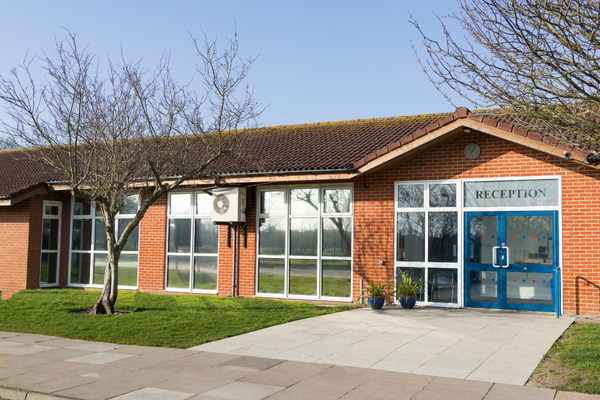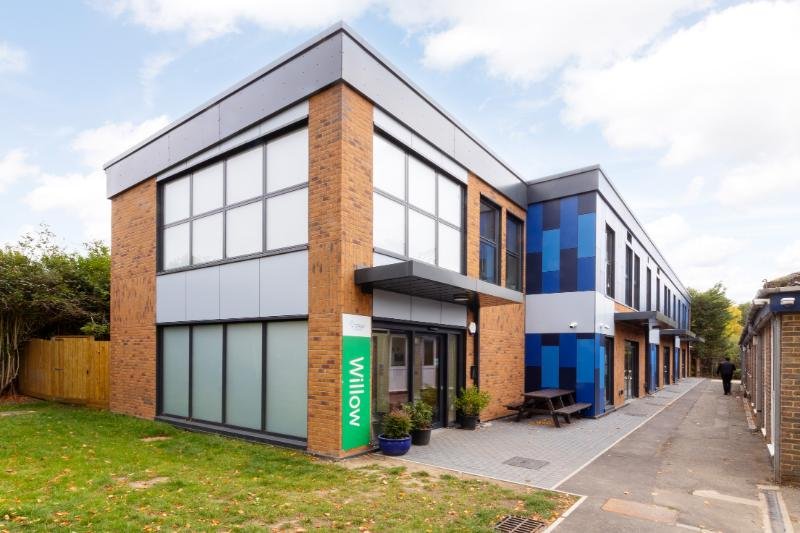Are your school buildings in poor condition? CIF can help
If your school premises are not in optimum condition for teaching and learning, it may be time to start considering an application for condition improvement funding.
The Condition Improvement Fund (CIF) can provide funds to improve school, Academy, Multi-Academy Trust (MAT), sixth-form and FE college buildings in poor condition.
Capital funding up to £4 million is available to make sure buildings are safe and in good working order to give pupils and teachers the optimum environment to study and work.
CIF applications can be complex to compile, however. There is so much evidence to be gathered that the experts at Surveyors for Education (S2e) recommend getting started now.
UK’s most successful CIF consultants
Success will depend on making a well-evidenced, high-priority case. This takes time and we do not advise waiting until the next round opens in the autumn because the December deadline will be swiftly upon you.
Only around a third of CIF applications are accepted each year, but S2e’s success rate of 85% makes us one of the most successful CIF consultants in the UK.
CIF is available for standalone schools, academies, colleges and MATs that do not exceed five schools or 3,000 pupils, and they bid against each other for the funding.
There was nearly £ half a billion allocated in the 2022-23 round.
How to increase your chances of CIF success
For a successful bid, schools, academies, colleges and MATs need to provide:
Independent, expert technical advice to support your proposal, e.g. surveys, engineer reports and site layout plans.
Condition surveys covering elements such as structural frame and building fabric, mechanical and electrical, asbestos, sewage, utilities and fire safety.
Clear, detailed and relevant photographs to help the CIF assessors. For example, if you are applying for a roofing project, photographs of multiple sections of the roof(s).
Letters about compliance from relevant qualified professionals e.g. from a fire safety inspection, police reports or electrical engineers.
Ofsted or other reports on the impact of poor facilities on teaching and learning.
Costings set out clearly and in as much detail as possible.
A detailed delivery plan, showing how, when and by whom the project will be delivered.
A task-based risk register to prove you have planned in detail for the range of risks inherent in building projects, from Health & Safety to scope changes and delays.
Seek professional help and start early
We have also seen how the Department for Education favours bids from applicants with strong governance and good financial management. “We think there is a strong link between Trusts with a good grip on finance and governance and effective, value-for-money capital delivery,” it says. So it makes sense to start compiling proof of this, too.
Seeking professional help early in the process will provide you with the peace of mind that you have submitted the most comprehensive CIF application you can.
It is also important to ensure that surveys are independent, as this is a CIF requirement. Non-independent surveys come from firms that also provide a quote to carry out the work, or surveys from manufacturers. An independent survey will be conducted by a qualified chartered surveyor for education such as S2e.
For help applying for CIF funding contact us on 0116 5070130 or email enquire@s2e.org.uk.










